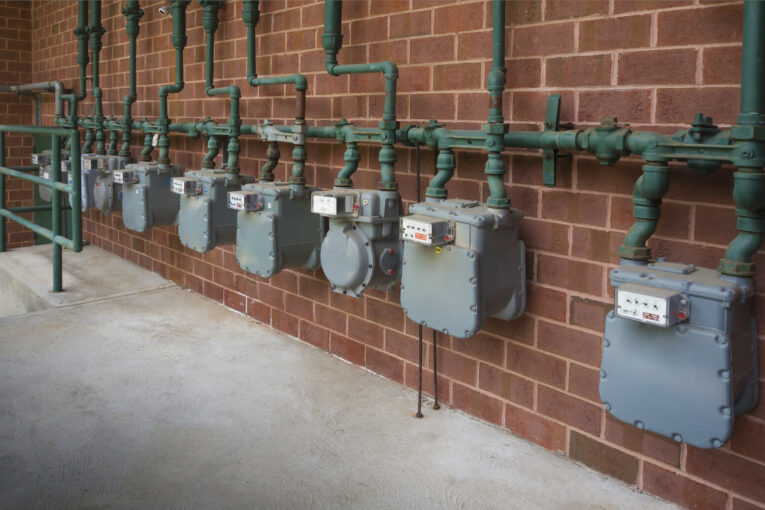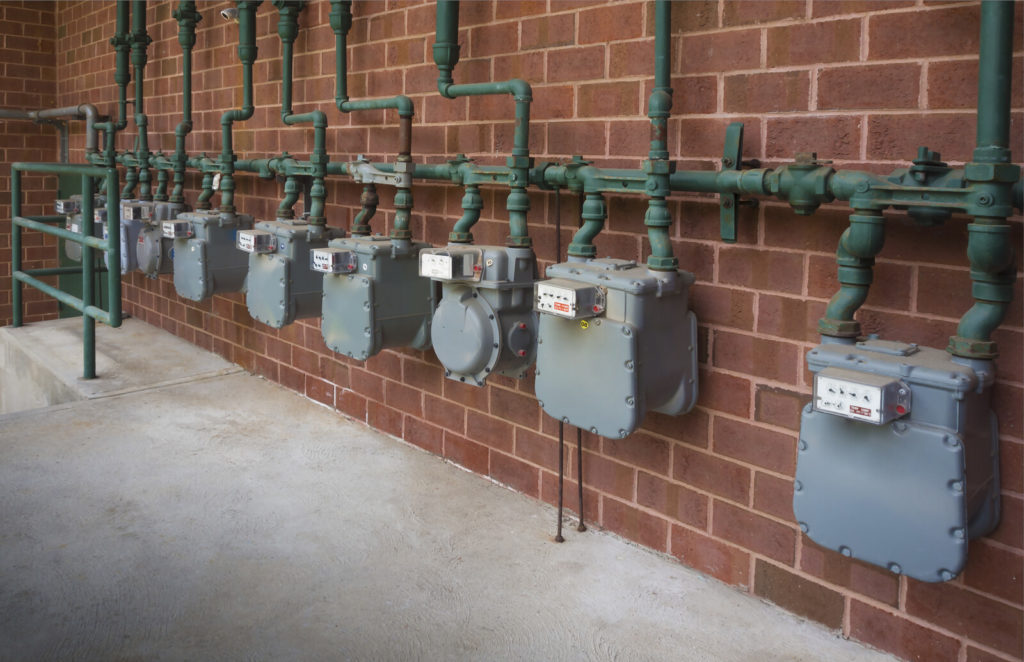

U.S. natural gas futures fell more than 3% on Tuesday, with the market taking a breather after seven straight sessions of gains as forecasts pointed to less cold than expected weather over the next two weeks.
The front-month gas futures for March delivery were down 14.9 cents, or 3.1%, at $4.725 per million British thermal units (mmBtu) at 9:36 a.m. EST (1436 GMT), after rising more than 5% on Monday.
“We’re getting a little bit of a respite here today in parts of the Midwest where the temperatures are rising a bit. So we’re seeing a little bit of profit taking after the big move up on Monday,” said Phil Flynn, senior analyst at Price Futures Group in Chicago.
“However, we could see a rebound later in the day based on weather forecasts and also developments coming out of Russia and Ukraine. If those talks don’t seem to bear any fruit, then we could see natural gas prices get a boost in respect for what’s happening with the global natural gas market.”
Data provider Refinitiv estimated 477 heating degree days (HDDs) over the next two weeks in the Lower 48 U.S. states, down from 485 HDDs estimated on Monday. The normal is 418 HDDs for this time of year.
HDDs, used to estimate demand to heat homes and businesses, measure the number of degrees a day’s average temperature is below 65 Fahrenheit (18 Celsius).
Dutch gas prices fell more than 10% on higher flows from Russia, strong liquefied natural gas (LNG) supply and with forecasts for warmer weather expected to curb demand.
Refinitiv projected average U.S. gas demand, including exports, would fall from 144.2 billion cubic feet per day (bcfd) last week to 136.1 bcfd this week, before rising to 138.5 bcfd next week as weather turns cold again.
“The market is seeing some selling this morning amidst some expected temperature moderation that is increasingly showing up across a broad portion of the US,” advisory firm Ritterbusch and Associates said in a note. “We also believe that some bullish pressures had been relieved following last week’s wild expiration of the February contract.”
In intraday trade on Thursday the February contract rose to $7.346 per mmBtu, the highest price for the front month since November 2008.
The amount of gas flowing to U.S. LNG export plants has averaged 12.5 bcfd in January, topping December’s monthly record of 12.2 bcfd.
Refinitiv said average output in the U.S. Lower 48 states fell to 93.9 bcfd in January from a record 97.6 billion cubic feet per day (bcfd) in December.
Output dipped after wells in several regions froze, including the Permian in Texas and New Mexico, the Bakken in North Dakota and Appalachia in Pennsylvania, West Virginia and Ohio.
You can read more of the news on source



